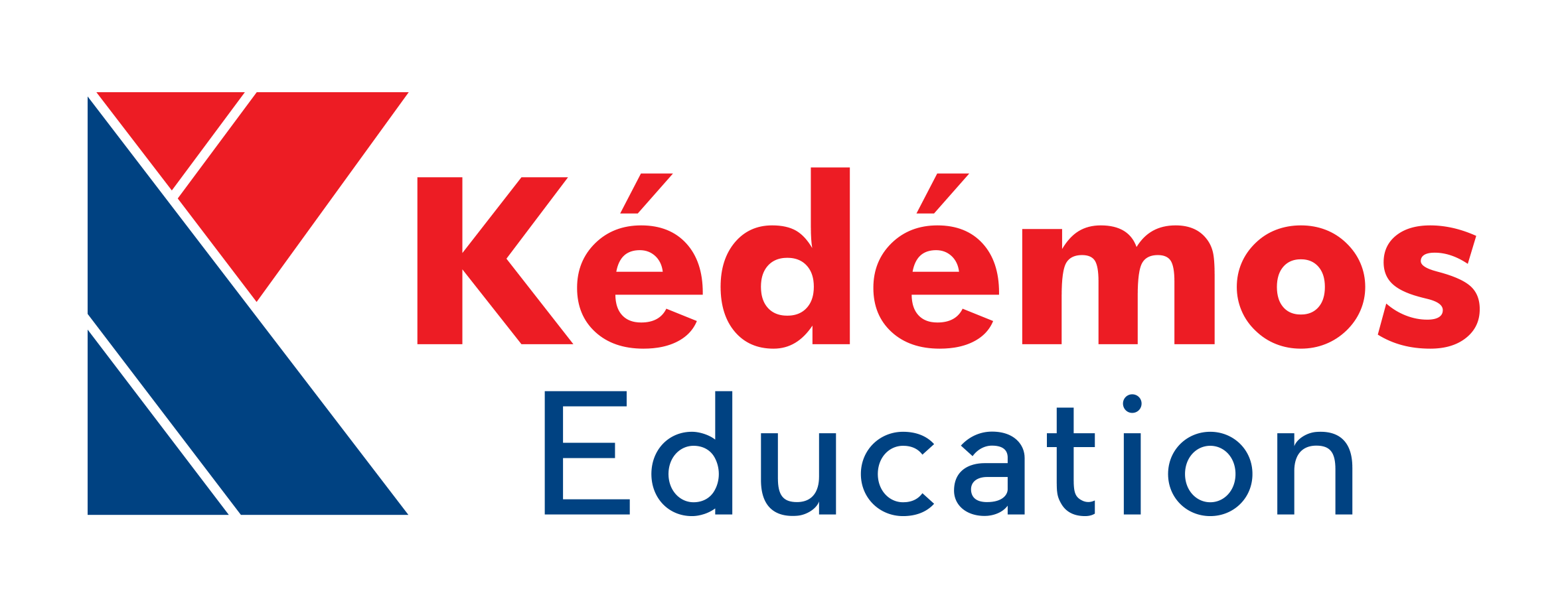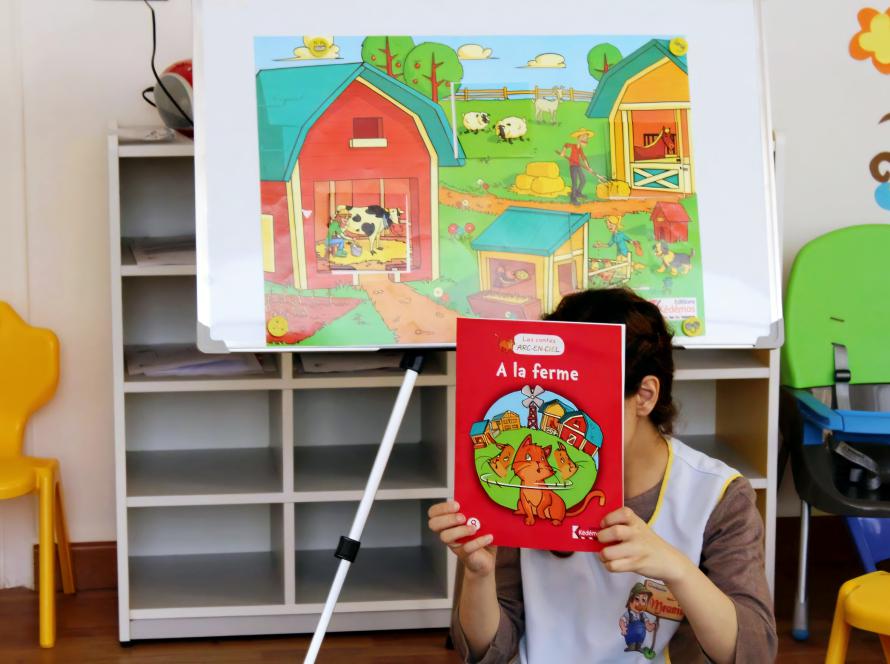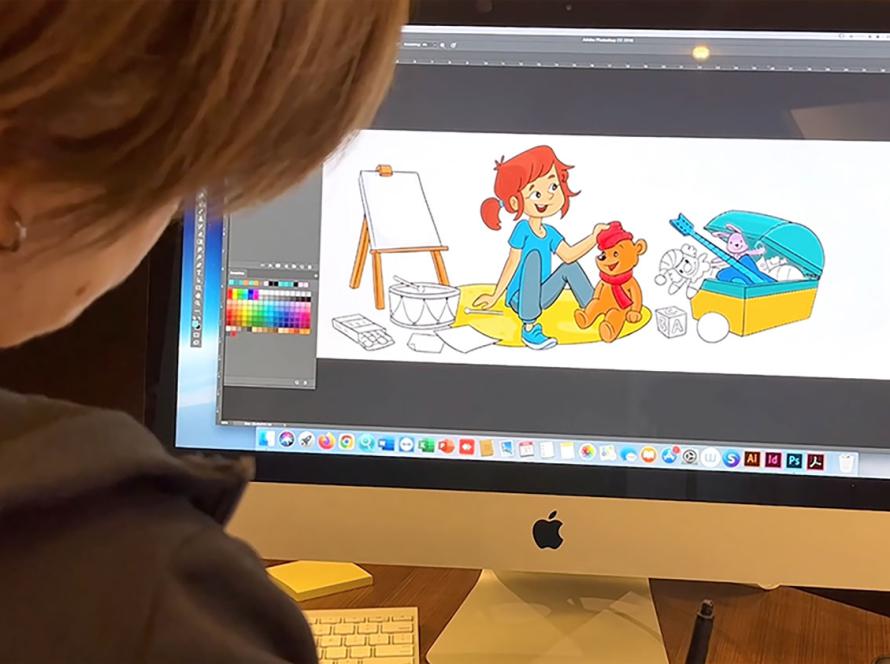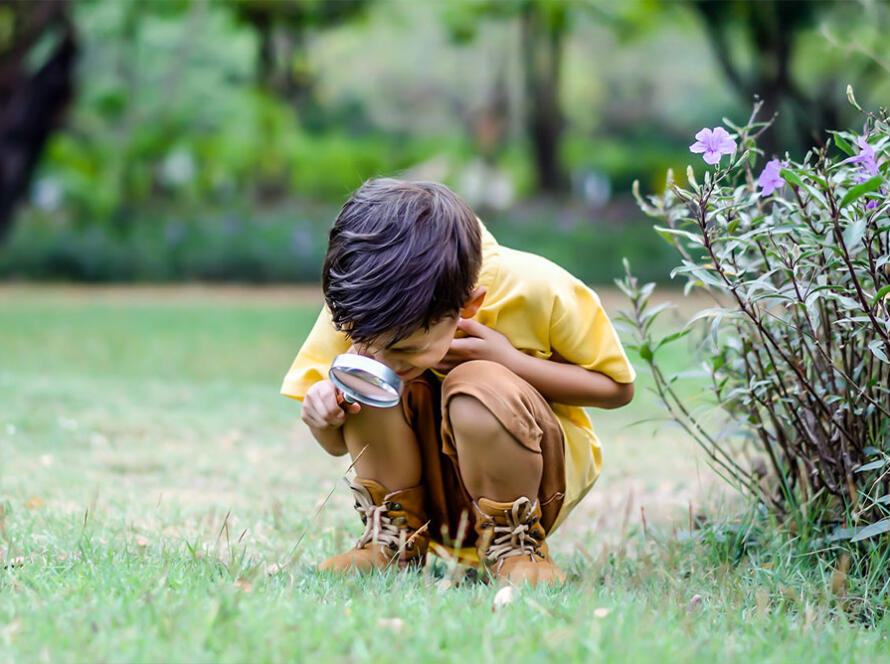In a world where globalization favors certain languages, it is essential not to forget the importance of children’s native language. You probably know how crucial the first few years of learning are for your little ones. And teaching them their mother tongue is more than just helping them master a simple communication tool. Indeed, learning their native language opens the doors of culture, identity, and cognitive development.
Why Is the Native Language So Important for Children?
Children’s mother tongue plays a key role in their education. It is often their first source of interactions with the world, with others, and with themselves. For kids, language is much more than just getting a message across; it is a way for them to build relationships, explore their environment, and develop their intellect. And here’s why this is essential…
Learning the Native Language to Protect Cultural Identity
Kids’ native language is a crucial part of their cultural identity. Through the words and expressions of a language, children are imbued with the values, customs, and traditions of their family and community. It’s a way for them to maintain a strong connection with their heritage, even when they grow up in a multilingual environment.
Cognitive and Intellectual Development
Research shows that children who master their mother tongue have better cognitive skills. By being able to clearly express their ideas, emotions, and needs, they are better prepared to understand more intricate concepts. In addition, proficiency in the native language facilitates the learning of other languages because it creates a solid foundation for grammar, vocabulary, and comprehension.
Learning the Native Language to Strengthen Family Bonds
Language greatly influences how family members communicate and how strong their bonds become. By teaching your child their native language, you enable them to maintain fluid and natural communication with their parents, grandparents, and relatives. This creates a stable emotional base, essential to their emotional development.
How to Efficiently Teach Children Their Native Language?
You may be wondering how to implement an effective approach to teaching your children their mother tongue. Here are some practical tips to encourage ideal learning.
Create a Supportive Environment for Children to Learn Their Native Language
One of the key tips for successful language learning is immersion. Get your children used to hearing their mother tongue in everyday life, especially if you live in a multilingual environment: read books, tell stories, sing together, and encourage conversations. The more your kids are exposed to the language, the more naturally they will master it.
Use the Appropriate Resources and Books
Books are valuable tools for language learning. Choose books that are appropriate for your child’s age and interests, and vary the genres: storybooks, fables, educational books, or even funny stories. Interactions with books enrich your child’s vocabulary and reinforce comprehension.
Encourage Active Participation to Help Your Children Learn Their Native Language
Allow children to actively participate in the learning process. Ask questions, and encourage them to tell stories, to express their opinions, and to satisfy their curiosity. The goal is to create an environment where kids feel comfortable expressing themselves without fear of making mistakes.
Stay Patient
Learning their mother tongue can be a long process for your kids. Patience and consistency are thus important. Repeat the words, phrases, and concepts without putting pressure on your children, but rather with an encouraging attitude. Over time, you will notice the progress your little ones are making.
The Challenges of a Multilingual Environment
In some situations, children grow up in homes where multiple languages are spoken on a daily basis. While this may present challenges to the learning of one’s mother tongue, the latter should not be overlooked. On the contrary, children who learn several languages correctly from an early age can develop impressive language and cognitive skills.
Be Mindful of the Time Allocated to Each Language
It is essential to ensure that each language receives balanced attention. For example, if children speak several languages at home and in school, it is important to give them enough time to practice each one. An environment where each language is valued and used regularly will help kids master them better.
Teach Them Not to Mix Up Languages
Bilingual or multilingual children may sometimes mix languages. This phenomenon, called “language interference,” is natural and usually disappears over time. It is important not to discourage children when they mix words or sentences from different languages.
Practice One Language at a Time
It is also essential not to confuse children. For clarity’s sake, each person should speak to the child in one language only, without mixing words and phrases from different languages. If, for example, dad prefers communicating in French, he should only speak in French with his children. And if mom prefers Arabic, she should only talk in Arabic with her little ones. This approach allows children to distinguish languages better and to develop stronger language skills.
In a Nutshell: Learning One’s Native Language Is a Long-Term Investment
Learning one’s mother tongue is indeed a long-term investment. Not only does it foster children’s cognitive, emotional, and social development, but it also creates a solid foundation for their future. As a parent or teacher, your role is crucial in providing your kids with the tools to grow, thrive, and fully identify with their culture.








